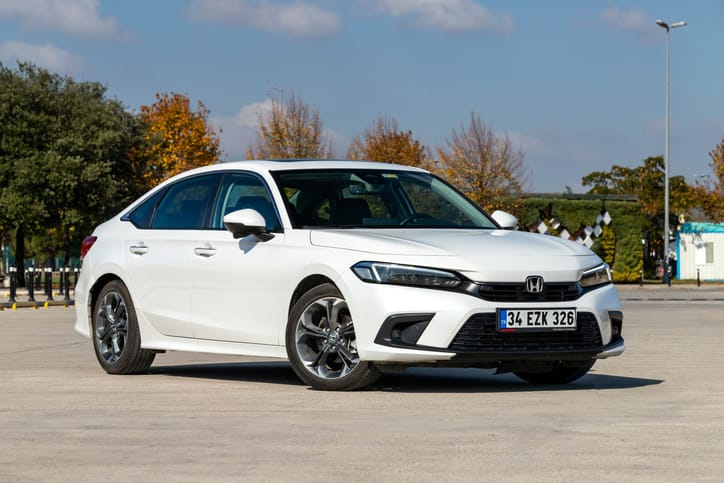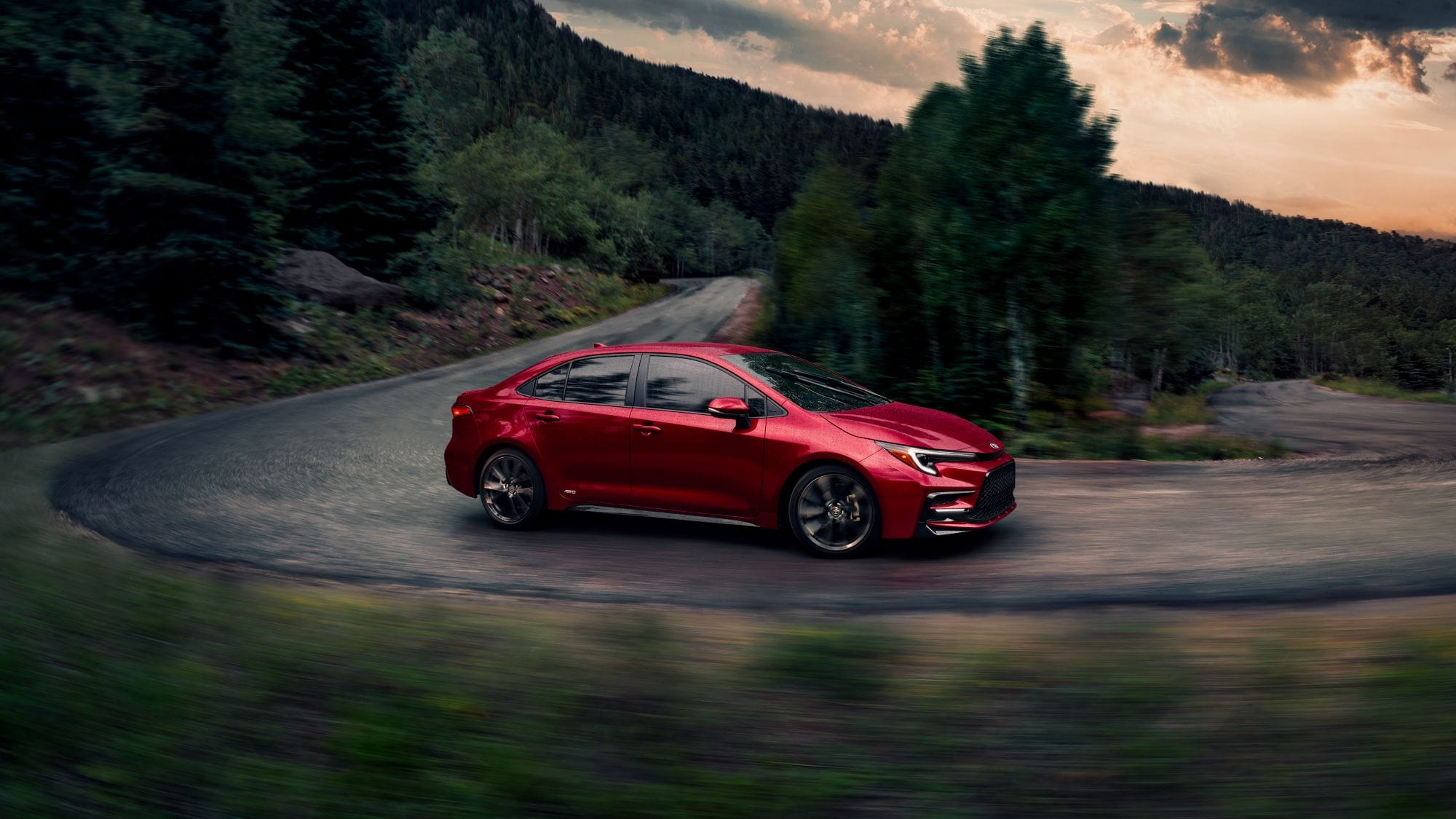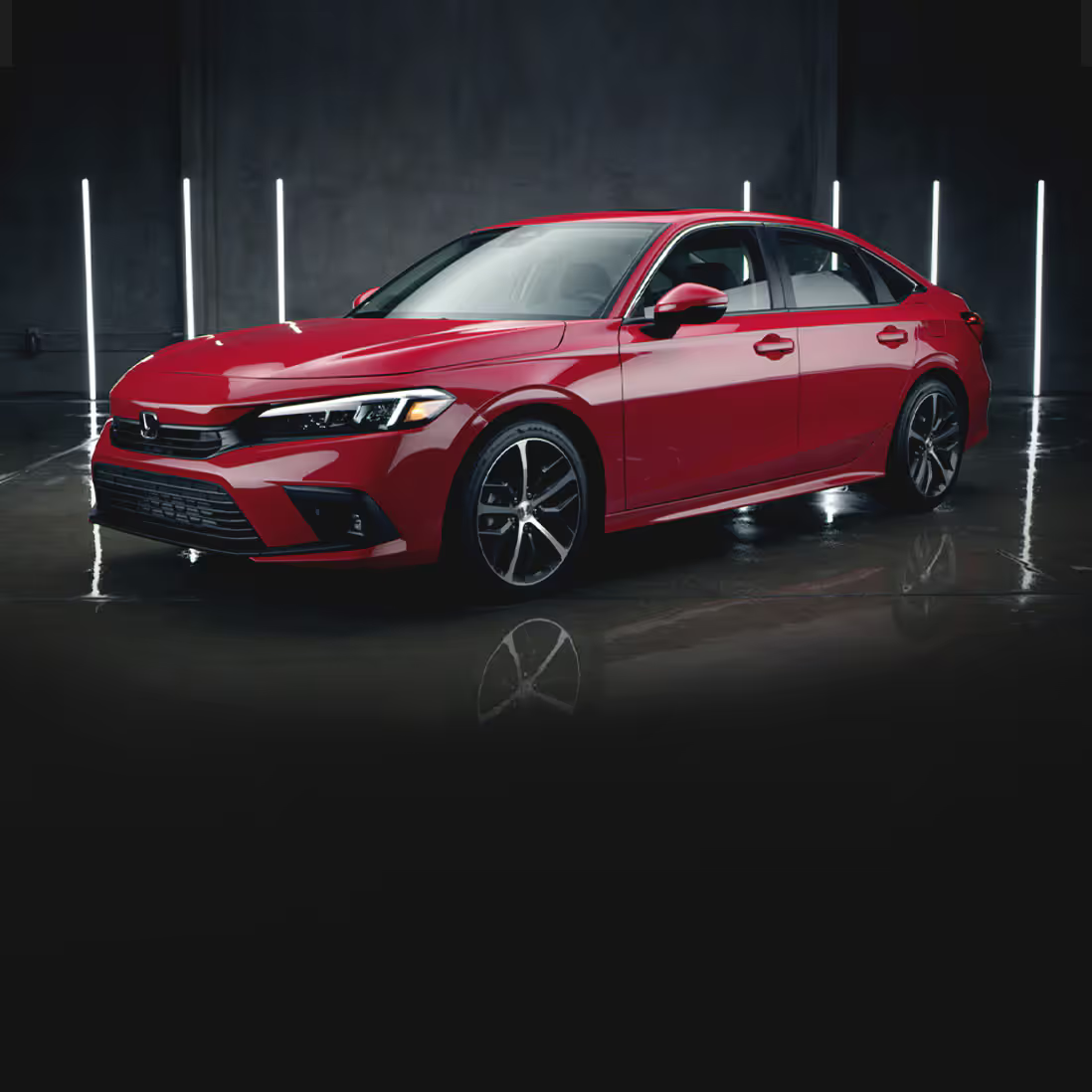Fuel-Efficient Fighters: Toyota Corolla vs. Honda Civic for the Daily Commute

For decades, the Toyota Corolla and Honda Civic have dominated the compact car segment, offering a compelling blend of practicality, affordability, and fuel efficiency. These two stalwarts are perfect contenders for the title of "King of the Commuter Cars." But with both boasting impressive fuel economy figures and a long list of features, choosing between them can be a challenge. This comprehensive guide will delve into the strengths and weaknesses of the Corolla and Civic, helping you decide which car reigns supreme for your daily commute.
Fuel Efficiency: A Battle of Millimeters
Let's get straight to the point: fuel economy. Both the Corolla and Civic offer excellent gas mileage, making them ideal for cost-conscious commuters. However, there are slight differences depending on the chosen engine and trim level.
- The standard 1.8L engine in the Corolla LE trims achieves a respectable 30 mpg city and 38 mpg highway according to the EPA.
- Upgrading to the LE Hybrid unlocks impressive fuel efficiency of 53 mpg city and 52 mpg highway.
- The base 2.0L engine in the Civic LX offers 31 mpg city and 40 mpg highway.
- The more powerful 1.5L turbocharged engine in EX and Touring trims prioritizes performance but still delivers a commendable 33 mpg city and 42 mpg highway.
While the Civic edges out the Corolla by 1 mpg in both city and highway mileage for the base engines, the Corolla Hybrid blows the competition out of the water with its exceptional fuel economy. The choice here depends on your priorities. If maximizing fuel savings is your primary concern, the Corolla Hybrid is the clear winner. However, if you prefer a slightly more spirited driving experience without sacrificing too much efficiency, the base Civic or Corolla could be a good compromise.
Beyond the Numbers: Powertrain Options
Engine choices extend beyond just fuel efficiency. Both cars offer a range of powertrain options to cater to different driving styles:
- The LE trims come with a 1.8L 4-cylinder engine that prioritizes fuel economy over power.
- The SE trim offers a sportier 2.0L 4-cylinder engine for a more engaging driving experience.
- The aforementioned Corolla Hybrid utilizes a combination of a 1.8L engine and an electric motor for exceptional fuel efficiency without sacrificing usable power.

- The LX and Sport trims feature a 2.0L 4-cylinder engine that provides a good balance between power and efficiency.
- EX and Touring trims boast a 1.5L turbocharged engine, offering a more spirited and dynamic driving experience.

The Corolla prioritizes efficiency with its base engine, while the Civic offers a slightly more powerful option even in the base LX trim. For a truly sporty feel, the Civic's turbocharged engine is the way to go. However, if you prioritize fuel economy above all else, the Corolla Hybrid reigns supreme.
Interior Comfort and Cargo Space: A Balancing Act
Both the Corolla and Civic offer comfortable and well-equipped interiors for daily commutes. However, there are subtle differences in terms of space and features:
- The Corolla provides a spacious and comfortable interior with ample legroom and headroom for front passengers.
- Rear seat passengers might find it slightly cramped, especially on longer journeys.
- Cargo space is decent, offering 13.1 cubic feet behind the rear seats.
- The Civic offers a slightly more driver-focused interior with a comfortable and supportive seating position.
- Front-seat passengers enjoy generous space, while rear legroom might be a bit tighter compared to the Corolla.
- Cargo space in the Civic is slightly less than the Corolla at 12.4 cubic feet.
Overall, both cars offer comfortable interiors suitable for daily commutes. The Corolla provides a bit more space for rear passengers and cargo, while the Civic prioritizes a driver-centric experience. The choice depends on your individual needs and whether you prioritize passenger or cargo space.
Technology and Safety Features: Keeping You Connected and Protected
Modern cars are packed with technology, and the Corolla and Civic are no exception. Both offer a comprehensive suite of features to keep you entertained, connected, and safe on your commute:
- The Corolla comes standard with Toyota's Entune infotainment system, featuring a touchscreen display, Apple CarPlay, Android Auto, and Amazon Alexa compatibility.
- Several driver-assistance features are standard, including automatic emergency braking, lane departure warning, and adaptive cruise control.
- The Civic features Honda's LaneWatch blind-spot monitoring system, which projects a live video feed of the car's blind spot onto the infotainment screen.
- Standard features include a touchscreen infotainment system with Apple CarPlay and Android Auto compatibility. Higher trims offer additional features like a navigation system and a premium sound system.
In terms of technology, both cars offer a good selection of features. The Corolla boasts Amazon Alexa compatibility, while the Civic has the unique LaneWatch system. Ultimately, the best choice depends on which features you find most important.
Safety is paramount, and both the Corolla and Civic have earned excellent safety ratings from the National Highway Traffic Safety Administration (NHTSA) and the Insurance Institute for Highway Safety (IIHS). Both come standard with a comprehensive suite of airbags, traction control, and electronic stability control. Additionally, both manufacturers offer advanced driver-assistance systems (ADAS) on higher trims, such as:
- Lane departure warning with lane keep assist
- Blind-spot monitoring with rear cross-traffic alert
- Adaptive cruise control with stop-and-go functionality
The Bottom Line: Choosing Your Champion
The Toyota Corolla and Honda Civic are both excellent choices for a fuel-efficient and reliable commuter car. Here's a quick breakdown to help you decide:
- Choose the Corolla if:
- Fuel efficiency is your top priority, especially with the Corolla Hybrid option.
- You need a little extra space for rear passengers and cargo.
- You prefer a more traditional and straightforward driving experience.
- Choose the Civic if:
- You desire a slightly more powerful base engine or the excitement of the turbocharged option.
- You prioritize a driver-focused interior with a sporty feel.
- You find features like the LaneWatch system particularly appealing.
Ultimately, the best car for your daily commute comes down to your individual needs and preferences. Both the Corolla and Civic offer exceptional value, comfort, and fuel efficiency. Take both cars for a test drive and see which one feels more like an extension of yourself on the road. Whichever car you choose, you're sure to conquer your daily commute with confidence and efficiency.
Additional Considerations:
- Reliability: Both Toyota and Honda are renowned for their reliability. However, the Corolla might have a slight edge due to its simpler powertrain options.
- Warranty: Both cars come with a standard 3-year/36,000-mile warranty.
- Cost: The starting MSRP for the Corolla is slightly lower than the Civic. However, exact pricing can vary depending on trim level and options.
No matter which car you choose, you can be confident that you're getting a reliable, fuel-efficient, and comfortable companion for your daily commute.
